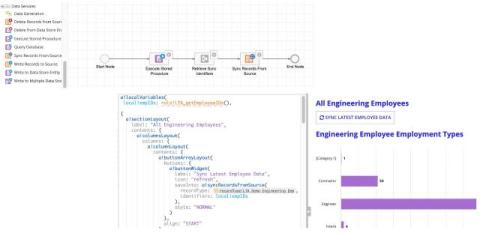Business Process Orchestration vs. Automation-What's the Difference?
As automation capabilities grow, so do the related use cases. It’s not surprising that 80% of executives think automation can be applied to any business decision, according to a Gartner survey. But as implementation becomes easier and automation adoption more prevalent, your organization can quickly lose control, with too many automation projects happening in silos.











